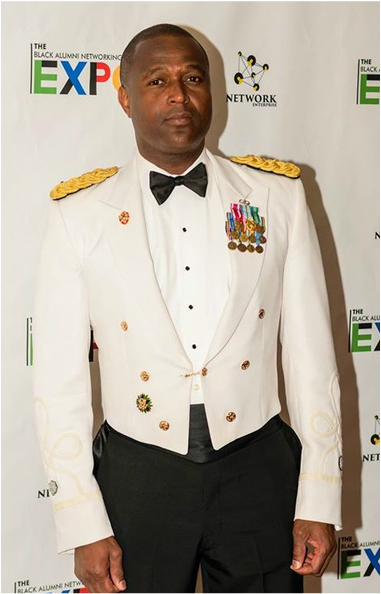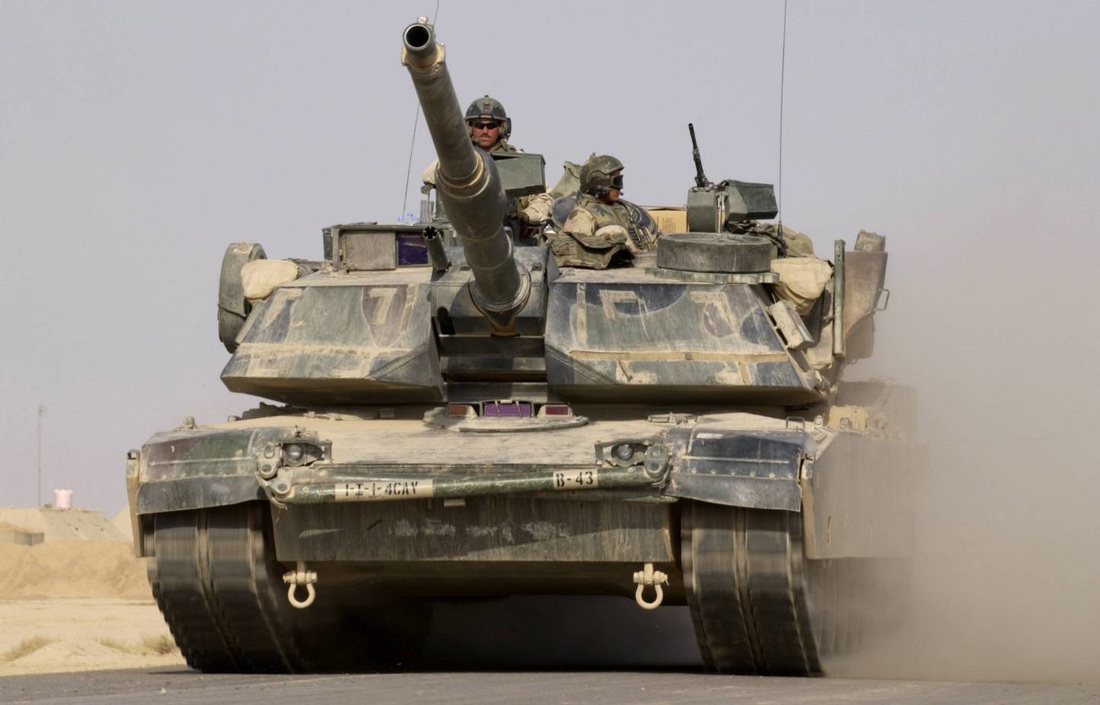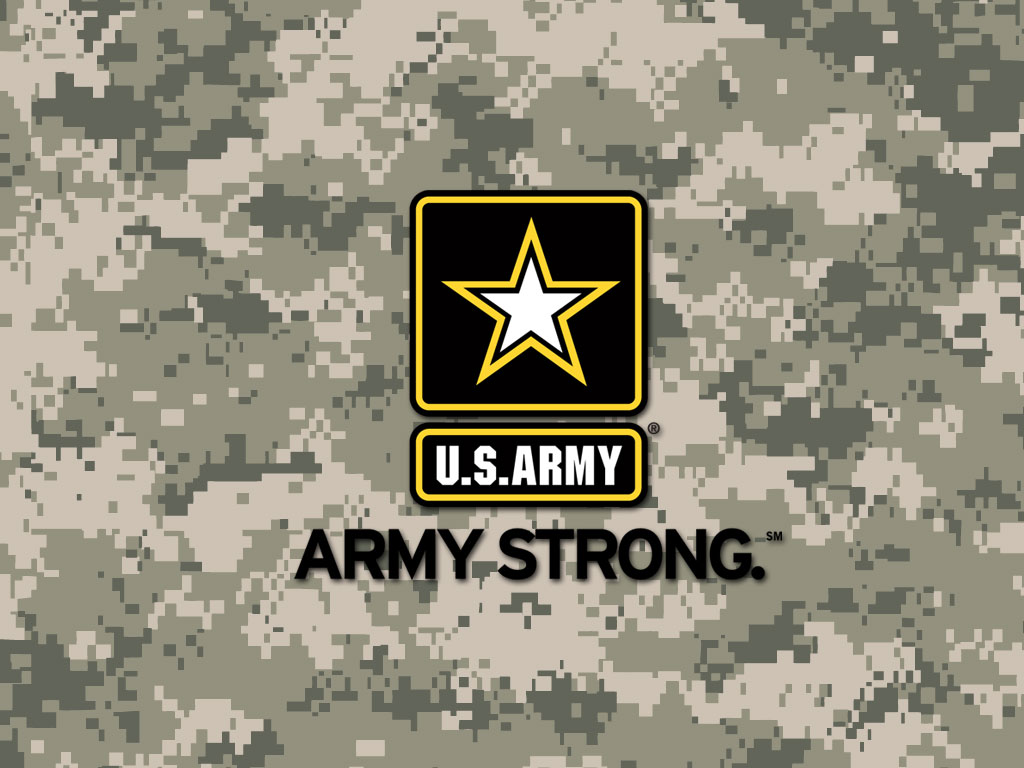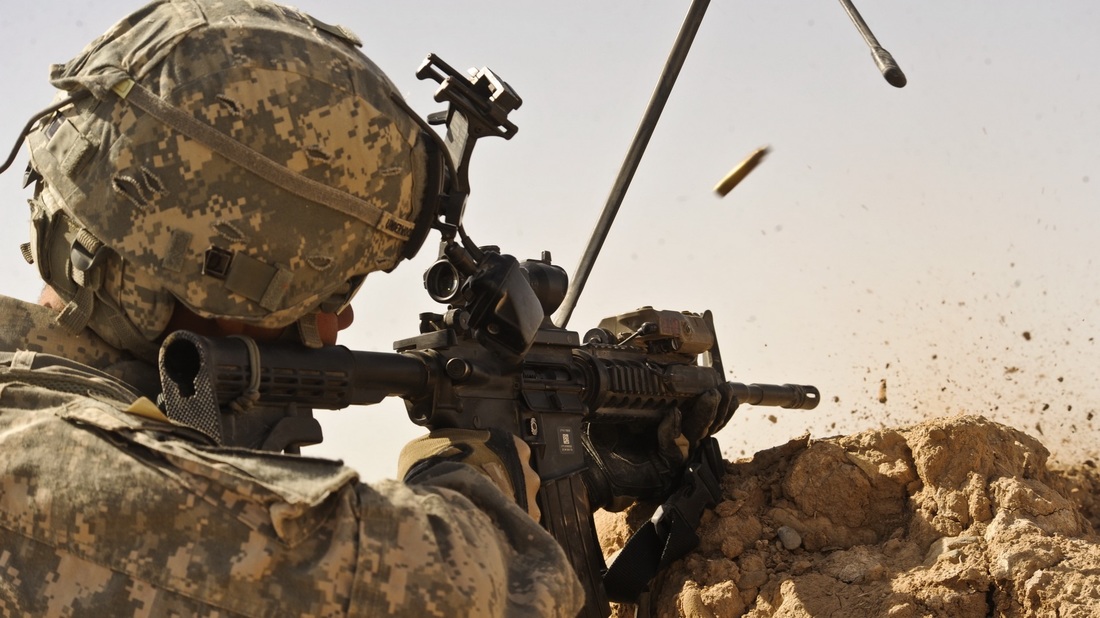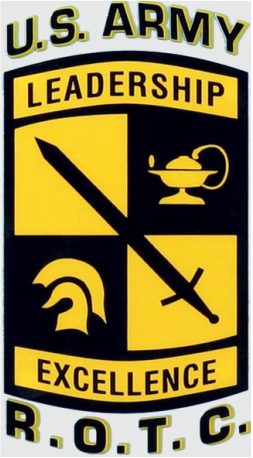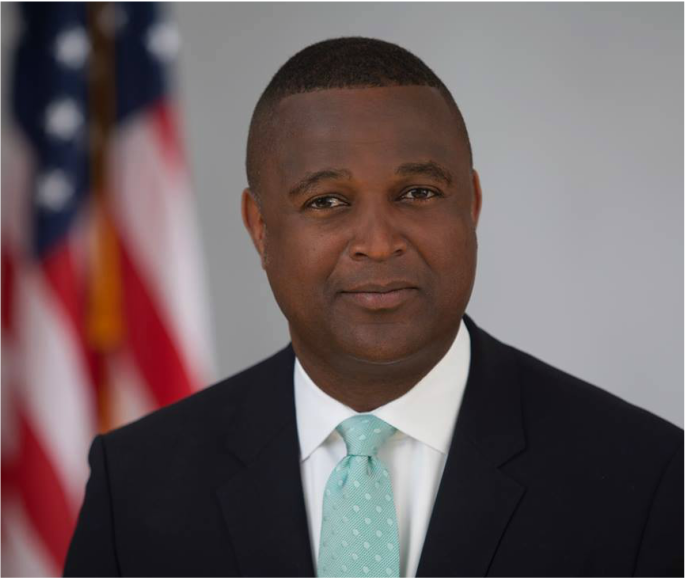In Part Two, we will cover the military training and experience of Warren Christopher.
Part Two
Military Service & Education
By Darise S. Deal
|
Copa: Did you go to college? Where did you go, and what was that experience like?
Christopher: I attended Purdue University in Indiana for undergraduate. There was little to no diversity; however, it was a very good school. I had in my mind that I needed to be in a space where I could be a big fish in a big pond or a little fish in a big pond. It was important to me to understand and assimilate, so I chose Purdue. The experience was bitter sweet and riddled with racism during the time that I matriculated in 1989. There were crosses still being burned on campus. I participated in ROTC and people in uniform (military officers) would ask me why I chose to attend Purdue. They told me I didn’t belong there. I was one of only two Black students in the ROTC program, which was required for me to be commissioned. I also served in the student senate, as the senior leader of my battalion in ROTC, and I also became a resident assistant – not only in charge of students, but also in charge of an entire dorm wing where I supervised eight other counselors. That’s the sweet part about attending Purdue. I have no regrets. I did get to assimilate. I did get to be a big fish in a big pond and I got to graduate from Purdue University with a commission in the Army. |
Copa: You went into the military. What branch? Why? When? What was your specialty as an enlisted soldier?
Christopher: I enlisted in the Army in December of 1986. That was my initial term. I was in the Delayed Entry Program. I served from 1986-1989. I was awarded a scholarship called the Agreed to Go Scholarship from the United States Army to attend Purdue University. I was commissioned in the Army from May 1982 through February 2011. In total, I competed more than 24 years of service in the Army. My initial job in the army was as a legal assistant. Later I became commissioned in the area of Field Artillery. I wanted to be a combat soldier on the ground where the action was. |
Copa: Your path is unique from enlisted soldier to commissioned officer. Was that through a program? Briefly, what was the difference between two types of service?
Christopher: Being a Commissioned Officer is very different from being an Enlisted Soldier. Enlisted Soldiers’ promotions come from the Secretary of the Army and they are non-commissioned. Commissioned Officers are commissioned by the President of the United States of America and the program was ROTC and Green to Gold. The other programs that a soldier can earn a commission in the United States Army are the Officer Candidate School (OCS) or through the United States Military Academy at Westpoint. The program that I was commissioned through was ROTC. |
Copa: What military conflicts have you participated in? If not confidential, what role(s) did you serve?
Christopher: I participated in Kosovo as the Chief Operations Officer, the cleansing between the Serbs and the Croats. I also participated in Bosnia, and Afghanistan and Iraq as a Senior Staff Officer.
Christopher: I participated in Kosovo as the Chief Operations Officer, the cleansing between the Serbs and the Croats. I also participated in Bosnia, and Afghanistan and Iraq as a Senior Staff Officer.
Copa: You have traveled the globe.What places have you been to? If any, would you go back as a civilian?
Christopher: I have been so fortunate to travel the globe. I really want to revisit my childhood for a moment, if I can. Take for example the fact that my mother had seven children, and I was the 5th born. My mother chose to keep the four children before me and the two children after me. I became the only child of hers to graduate from high school. I look at it as God had a calling on my life early on, even though I didn’t understand it. I had to endure pain so I could gain a perspective to be the compassionate servant leader that I am today. I wanted to share that because my life started out rocky, but I would be “a chosen one” who would travel the globe and experience so many different facets of life. If I had to go back to any one particular area where I served, it would probably be Fiji. The reason why I would select Fiji is because the people there are incredibly authentic and very happy. They are very good people; their spirit and energy are great. They are people of color. Although some would suggest that they are racist, in my opinion they are trying to preserve their own culture, just as every other culture does in America. Sometimes we say we are “pro black” and people tend to look upon that with a level of negativity. I am interested in preserving the human race, but also I am interested in preserving Black people’s way of life. If I had to go back to any particular country, I would rather go back as a diplomat, from a different perspective than being an Enlisted Solider or a Commissioned Officer. I could really have an impact on international security and peace.
Christopher: I have been so fortunate to travel the globe. I really want to revisit my childhood for a moment, if I can. Take for example the fact that my mother had seven children, and I was the 5th born. My mother chose to keep the four children before me and the two children after me. I became the only child of hers to graduate from high school. I look at it as God had a calling on my life early on, even though I didn’t understand it. I had to endure pain so I could gain a perspective to be the compassionate servant leader that I am today. I wanted to share that because my life started out rocky, but I would be “a chosen one” who would travel the globe and experience so many different facets of life. If I had to go back to any one particular area where I served, it would probably be Fiji. The reason why I would select Fiji is because the people there are incredibly authentic and very happy. They are very good people; their spirit and energy are great. They are people of color. Although some would suggest that they are racist, in my opinion they are trying to preserve their own culture, just as every other culture does in America. Sometimes we say we are “pro black” and people tend to look upon that with a level of negativity. I am interested in preserving the human race, but also I am interested in preserving Black people’s way of life. If I had to go back to any particular country, I would rather go back as a diplomat, from a different perspective than being an Enlisted Solider or a Commissioned Officer. I could really have an impact on international security and peace.
Copa: What was your greatest success or proudest moment in the military? Who was there to share it with you?
Christopher: I have so many proud moments such as working with certain teams or groups of people and being the first Captain in the entire Army to serve on Capitol Hill in the U.S. Senate. However, my greatest and proudest moment was taking troops into combat both in Kosovo and Bosnia. Under my leadership, I brought them all home alive. From a professional perspective, during combat, my First Sergeants – who I’m still in touch with today – were there. Also, when I came home, my family was there. I was married during a portion of my time as a Commissioned Officer. Lisa and I had two children, Brittney and Ashley. They were also extremely important to my morale and welfare once I redeployed and came home.
Christopher: I have so many proud moments such as working with certain teams or groups of people and being the first Captain in the entire Army to serve on Capitol Hill in the U.S. Senate. However, my greatest and proudest moment was taking troops into combat both in Kosovo and Bosnia. Under my leadership, I brought them all home alive. From a professional perspective, during combat, my First Sergeants – who I’m still in touch with today – were there. Also, when I came home, my family was there. I was married during a portion of my time as a Commissioned Officer. Lisa and I had two children, Brittney and Ashley. They were also extremely important to my morale and welfare once I redeployed and came home.
Copa: What bearing did the military have on who you are today?
Christopher: The military totally reinforced the things that my grandmother instilled in me: character, integrity, loyalty, respect, dignity, honor, grace, mercy and compassion. I credit the military with a lot. Particularly, when it comes to discipline, leadership and humility. Here in our country, although many Americans experience tough times, based on the world’s standards, our problems here in the U.S. are simple. Particularly when it comes to domestic issues. We at least have access to certain opportunities. However, when you travel the globe, and are exposed to the international standard of living, it is quite humbling. The military gave me that perspective to be thankful and humble for my citizenship as a U.S. citizen.
Christopher: The military totally reinforced the things that my grandmother instilled in me: character, integrity, loyalty, respect, dignity, honor, grace, mercy and compassion. I credit the military with a lot. Particularly, when it comes to discipline, leadership and humility. Here in our country, although many Americans experience tough times, based on the world’s standards, our problems here in the U.S. are simple. Particularly when it comes to domestic issues. We at least have access to certain opportunities. However, when you travel the globe, and are exposed to the international standard of living, it is quite humbling. The military gave me that perspective to be thankful and humble for my citizenship as a U.S. citizen.
PART THREE
Family
Tomorrow 11/17/15
~Copa
Layout by Rodney Wayne Branche

